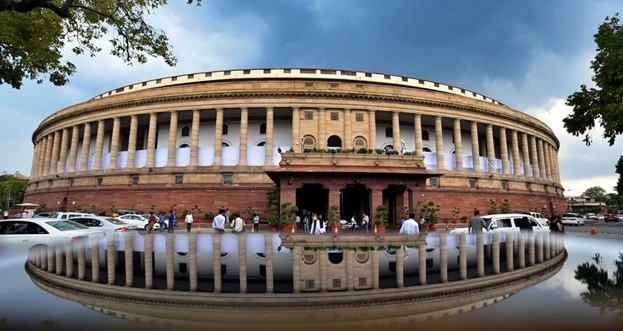
Policy Updates for Central Government Employees
India’s Central Government has unveiled new welfare measures for its employees, offering special maternity leave and organ donation leave to support emotional well-being and encourage altruistic acts. These provisions, announced during a Lok Sabha session, aim to address the psychological challenges faced by mothers experiencing stillbirth or neonatal loss while also recognizing the noble act of organ donation. The Department of Personnel and Training (DoPT) introduced these policies in September 2022 and April 2023, respectively, as part of broader efforts to enhance workplace welfare. The measures are designed to provide financial and emotional relief, ensuring employees can focus on recovery and family support without compromising their professional responsibilities.
Maternity Leave for Emotional Trauma Support
The maternity leave policy grants 60 days of special leave to Central Government employees who experience stillbirth or the death of a child shortly after birth. This initiative, highlighted by Minister of State Jitendra Singh, acknowledges the profound emotional impact of such events on mothers. The leave is intended to allow time for grieving, seeking medical care, and rebuilding emotional resilience. Singh emphasized that the policy reflects the government’s commitment to prioritizing mental health, stating that such situations can have long-term effects on a woman’s life. The measure is part of a growing global trend to integrate mental health support into workplace policies, ensuring employees receive holistic care during critical life stages.
Encouraging Organ Donation Through Leave Benefits
Central Government employees who donate organs are now eligible for up to 42 days of special casual leave, a policy introduced in April 2023. Minister Singh described this as a welfare measure to incentivize organ donation, a practice critical to saving lives but often met with personal sacrifice. The leave allows donors to recover physically and emotionally, ensuring they can return to work without undue stress. This policy aligns with national efforts to increase organ donation rates, which remain below global averages. By offering financial stability and time for recovery, the government aims to remove barriers to donation, fostering a culture of giving that benefits both individuals and the broader community.
Broader Implications for Workplace Welfare
These policies underscore the government’s shift toward comprehensive employee welfare, balancing professional obligations with personal well-being. The introduction of special leave for maternity and organ donation cases reflects a recognition of the unique challenges faced by employees in these situations. By providing structured support, the government seeks to reduce the stigma associated with such events and promote a more empathetic workplace environment. The measures also align with international labor standards that emphasize the importance of mental health and work-life balance. As these policies take effect, their long-term impact on employee morale, retention, and public trust in government institutions will be closely monitored.
Future Directions for Welfare Reforms
While the current policies focus on maternity and organ donation leave, they signal a broader commitment to redefining workplace welfare in India. The DoPT’s proactive approach to addressing emotional and physical well-being sets a precedent for future reforms, potentially expanding to include mental health resources, flexible work arrangements, and family support programs. Critics argue that such measures should be accompanied by increased funding for healthcare and counseling services to ensure their effectiveness. Nonetheless, these policies represent a significant step toward creating a more compassionate and supportive work environment for Central Government employees, fostering both individual resilience and collective well-being.




